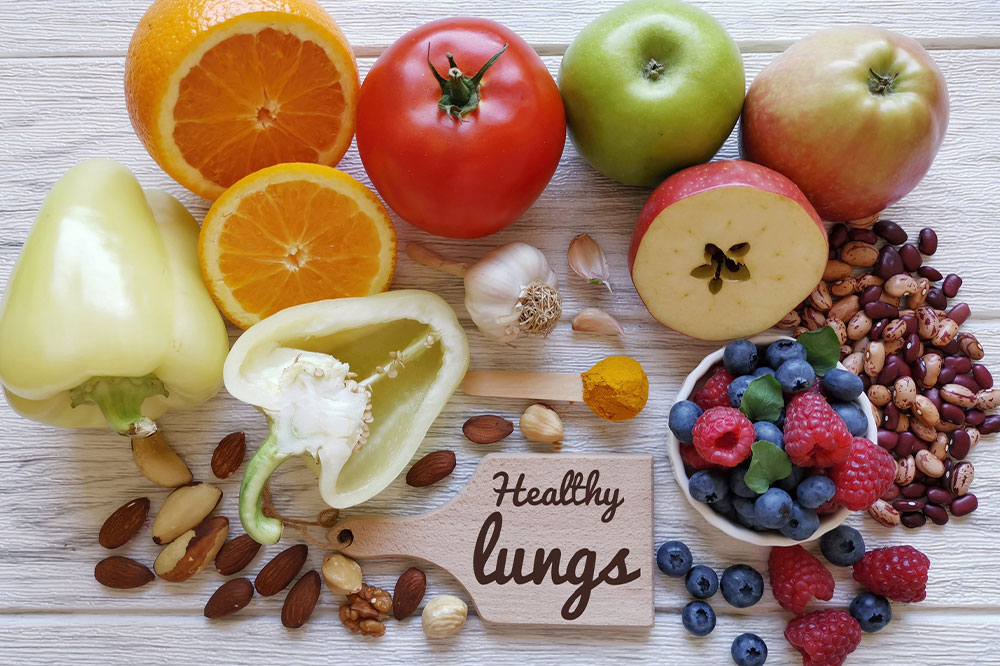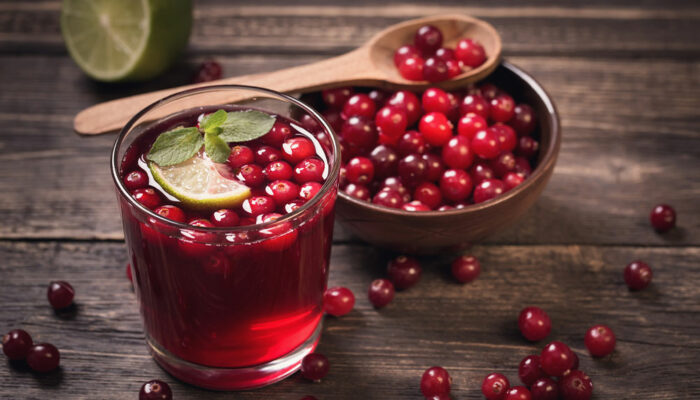
6 Foods that Damage Lung Health
Food and lifestyle are two of the key factors that can directly impact one’s lung health. Awareness of what to eat and avoid is important if you have recently been diagnosed with any lung disease. Foods that can increase inflammation can block airways and lead to shortness of breath and breathing problems. Changing eating patterns, including lung-friendly food, and avoiding anything that can damage the lungs are vital to staying healthy.
Nasal polyps and asthma often coexist, presenting a complex challenge for individuals dealing with both conditions. Nasal polyps are growths in the nasal passages that can contribute to respiratory difficulties, and their presence is sometimes associated with asthma. The combination of these conditions can lead to exacerbated symptoms and complicate treatment. Fortunately, advancements in asthma management have introduced biologic medications like Nucala (mepolizumab) to the therapeutic arsenal. Nucala, an anti-IL-5 monoclonal antibody, is specifically designed to target and reduce eosinophils, a type of white blood cell involved in allergic inflammation. While Nucala is primarily indicated for severe eosinophilic asthma, its efficacy in reducing asthma exacerbations makes it a valuable consideration for individuals dealing with both asthma and nasal polyps. Consulting with a healthcare professional is essential to determine the most suitable treatment plan tailored to the individual’s specific needs and the complex interplay between nasal polyps and asthma.
Some of the worst food that can cause harm to the lungs are as follows.
1. Fried foods
Fried foods cause bloating. The diaphragm is a muscle between the abdomen and chest. When food causes bloating in the abdomen, it presses against the diaphragm, making breathing difficult. Avoid fried food to reduce the stress on the diaphragm. Unhealthy fats in fried food increase cholesterol and consequently lead to weight gain. Weight gain adds pressure on the lungs, causing breathing issues. Fried food contains a combination of factors that can harm the lungs.
2. Dairy products
The stomach and colon contain two layers of mucus, which can increase when you consume dairy products. It can also trigger inflammation, resulting in breathing problems. If you are at risk of lung diseases, it is better to avoid milk and substitute it with almond or soy milk. You can look for healthy plant-based supplements like spinach and sesame seeds for your calcium needs.
3. Cruciferous vegetables
Raffinose is a sugar naturally found in cruciferous vegetables like kale, broccoli, and cabbage. Raffinose remains unbroken until digestion, leading to gas and bloating. Bloating leads to breathing problems.
4. Salt
Salt causes water retention. To pump fluid out from the body, the body needs to work extra, causing shortness of breath. Too much salt can cause weight gain, pressuring the lungs. Therefore, limit salt intake by avoiding salt-rich snacks and chips.
5. Cold cuts
Nitrates are used as preservatives to prevent bacterial growth in cold-cut meat. Studies show that nitrates can cause damage to lung tissue. Too much intake of cold cuts or cured meat can lead to worsening lung tissue damage. You can replace cold cuts with fresh chicken or tuna. You can also choose lean meats like turkey or ham and roast beef instead of cold cuts.
6. Sodas and carbonated beverage
Sodas and carbonated beverages are detrimental to lung health. They are rich in sugar, contain triggers that lead to inflammation, contribute to weight gain, and cause bloating. On the whole, sodas and carbonated beverages should be avoided at all costs. You can replace soda with fresh fruit and vegetable juices that are safe for the lungs.



